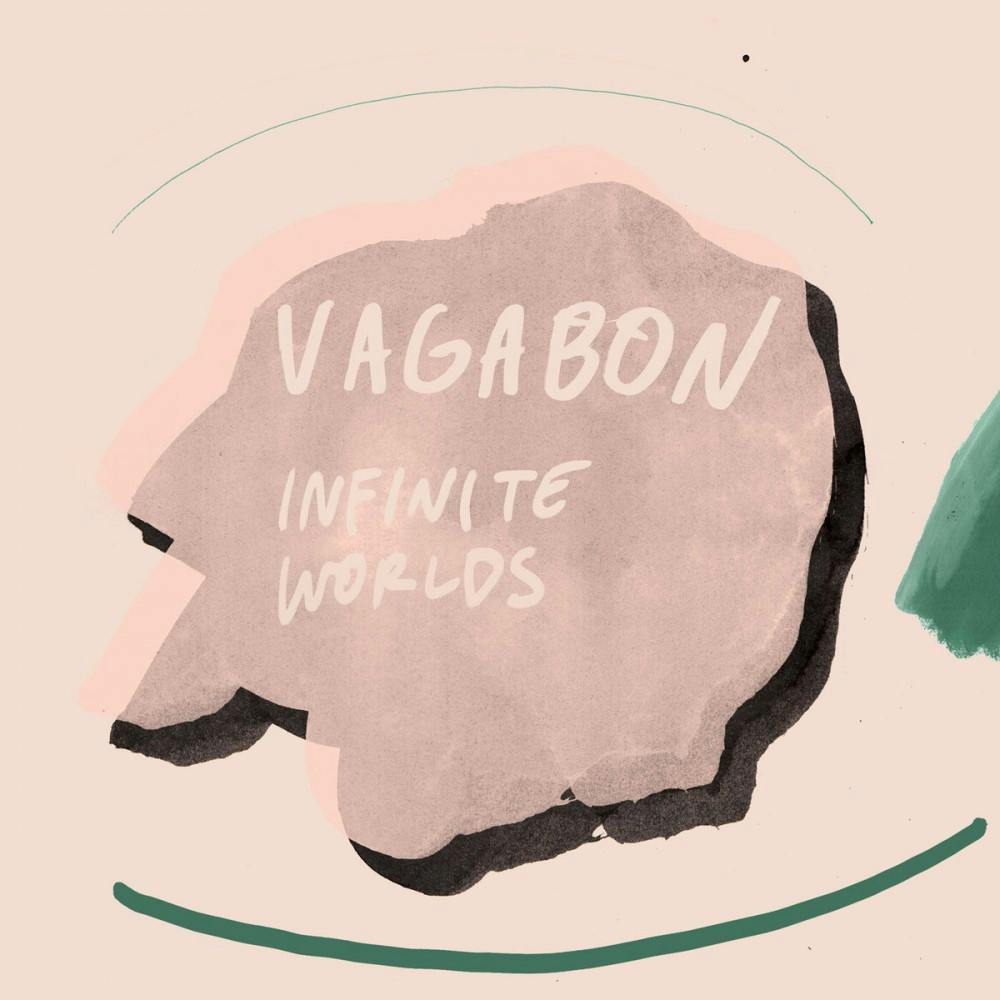By Kirsten Kosik | Contributor

Vagabon's debut album "Infinite Worlds" is the auditory embodiment of community living. The product: a tumultuous, sometimes perceptively quiet, other times uncomfortably noisy, sound.
Vagabon, the indie rock project of Cameroon-born Laetitia Tamko, adopted the role of the quiet observer of the vibrant, complicated realm of human relationship.
Navigating the politics of space, Laetitia invites the listener to step into an empathetic role: observing the world of treacherous, isolated, even marginalized, spaces.
On the album's most notably poetic track, "Cleaning House," she softly poses the question to her surrounding community, "What about them scares you so much? My standing there threatens your standing too." Her words, backed by a quiet guitar and pregnant silence, cut deeply into the inquiries of the marginalized - those whose skin color, religious identity, sexual orientation or haircut of choice may stimulate fear within a community.
Simultaneously, "Infinite Worlds" possesses a fragile vulnerability, and it is not until the listener is thoroughly steeped within the album that they may recognize its function not merely as a distant analysis of shared living, but as a literal expression Vagabon's personal experience of it.
Woven throughout the album is a narrative of hiding. The opening track, "The Embers", refers to Vagabon as a small fish surrounded by sharks, catalyzing a flood of tales of isolation, failed attempts at intimate relationship and the desperation to alter one's identity for the sake of belonging.
Within the album's concluding track, "Alive and a Well," Vagabon sounds exhausted as she proclaims, "I will make a home that is my own." Yet she emerges triumphant, having fostered a gentle, emotive, powerful analysis of the complications of community.
In an interview with "Pitchfork," the artist claimed her ideal audience to be centralized upon "girls that are not celebrated, both within their communities and in the world. Obviously women of color, but specifically black women, because that's who I represent," said Vagabon.
Undoubtedly, Vagabon's poetic, introspective album will soften the listener's experience of herself, as well as her surrounding community.





